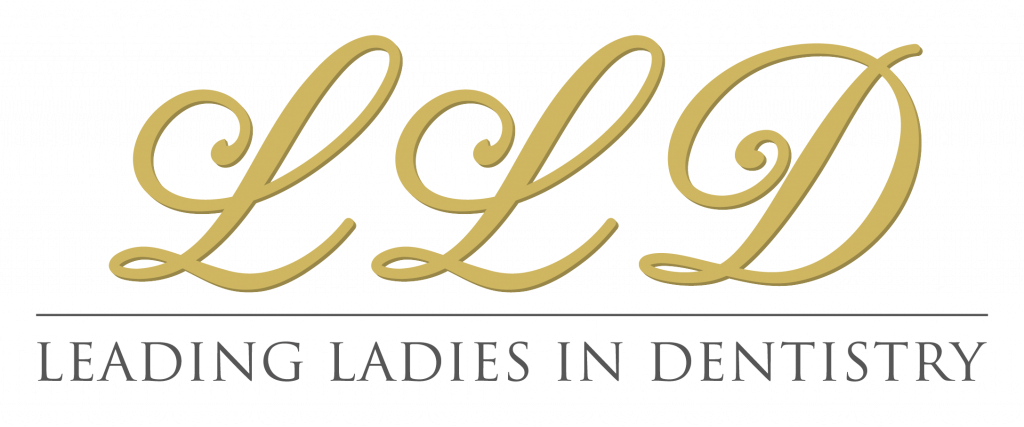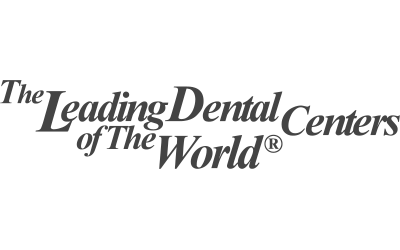Project Description
Dental implantology is an advanced procedure that allows the replacement of one or more missing or damaged teeth using artificial roots. These roots integrate securely into the jawbone, enabling the application of a completely new tooth or an entire dental arch.
Prosthetic rehabilitations on implants restore the aesthetics and functionality of the smile with durable and reliable solutions over time.
What are the advantages of a dental implant?
- Stable and Functional Dental Implants: Dental implants offer a stable solution that restores proper chewing, ensuring safety and comfort for patients of all ages.
- Natural Appearance: Prosthetic teeth on implants (also called crowns) are as beautiful as natural teeth. At Polizzi Luongo Studio in Verona, they are custom-made for each patient, tailored to their needs and consistent with the morphology of their smile.
- Long-lasting: Dental implants are designed to last long, providing a long-term solution for replacing missing or damaged teeth.
How does a dental implant consultation work?
At Polizzi Luongo Dental Studio, the specialized consultation for dental implants is a crucial moment to assess the patient’s oral condition, discuss possible solutions, and plan the treatment. Here are the phases of our appointment:
- Medical and Dental History: The dentist gathers the patient’s medical and dental history. This includes questions about any pre-existing health conditions, medications taken, allergies, and lifestyle habits that may affect the success of the implants.
- Radiographs and/or CBCT Scans: Performing panoramic radiographs or Cone Beam CT (CBCT) scans is essential to get a detailed view of the jawbone structure, the position of nerves, and the maxillary sinuses. These exams allow us to precisely plan the placement of the implants.
- Photograph Acquisition: Intraoral and extraoral photographs help us choose the correct functional and aesthetic therapy with the patient.
FAQ
A dental implant is an artificial titanium screw designed to replace the root of a missing tooth.
A dental implant is an artificial screw made of titanium or zirconium, both of which are fully biocompatible materials not subject to rejection by the body. However, it is possible for an implant to fail, but for reasons other than rejection.
Correctly placed and prosthetized implants, when subjected to careful maintenance, can last an entire lifetime.
In most cases, normal local anesthesia is sufficient. However, for more complex procedures or particular situations, the support of an anesthesiology specialist can be very useful to monitor vital signs or to perform “conscious sedation.”
A bone graft involves the insertion of bone or bone substitutes into the jaw to reconstruct an area where there is insufficient volume.
The ideal material for bone grafts is still the patient’s own bone. When this is not available for various reasons, synthetic materials or animal-derived materials can be used as an addition or alternative.
The main advantage of immediate load implants is that a prosthesis can be attached to the implants immediately after insertion. It is important to note that specific requirements must be met for this to be possible, including the absolute initial stability of the implants themselves.
The cost of a dental implant is determined after a detailed analysis of the clinical case. The first step is to gather important information about the anatomy of the area to be rehabilitated. This involves:
- Thorough Clinical Examination by a Specialist: A detailed clinical evaluation to assess the patient’s oral health and the area needing rehabilitation.
- In-Depth Patient Consultation: A comprehensive discussion with the patient to understand their medical history and specific needs.
- Execution of a Specific Three-Dimensional Radiograph (Cone Beam Computed Tomography, CBCT): This imaging allows for the evaluation of available bone volumes and the anatomical limits of the site.
- Acquisition of Intraoral and Extraoral Photographs: These photographs help in choosing the correct functional and aesthetic therapy in collaboration with the patient.
ADVICES
Implantology is currently the best procedure for replacing one or more missing teeth. From around 18 years old and up, there is no age limit for implant treatment. It is essential to consult a specialist with extensive experience in this field to ensure that the general and local conditions are suitable for implant placement.
Dott. Luongo Interview on TV












